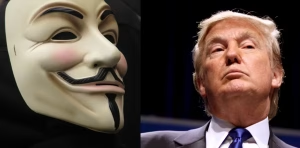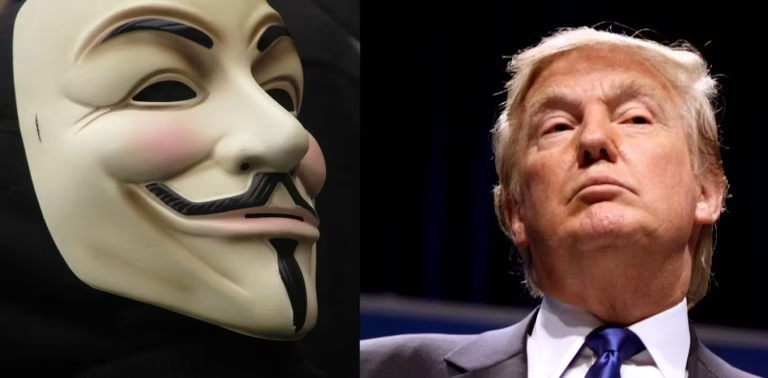The Supreme Court justice argues that criticism of him is an attack on the court itself. But a single justice doesn't define the institution.
 March 6 ,2011- Louis XIV of France was infamous for his view that there was no distinction between himself and the state, allegedly proclaiming "L'État, c'est moi" ("I am the State"). That notorious merging of personality with an institution was again on display in a February speech by Supreme Court Justice Clarence Thomas before the conservative Federalist Society.
March 6 ,2011- Louis XIV of France was infamous for his view that there was no distinction between himself and the state, allegedly proclaiming "L'État, c'est moi" ("I am the State"). That notorious merging of personality with an institution was again on display in a February speech by Supreme Court Justice Clarence Thomas before the conservative Federalist Society.
Thomas used the friendly audience to finally address a chorus of criticism over his alleged conflicts of interest and violation of federal disclosure rules concerning his wife's income. Rather than answer these questions, however, Thomas denounced his critics as "undermining" the court and endangering the country by weakening core institutions.
In January, Common Cause released documents showing that Thomas had attended events funded by conservative billionaires David and Charles Koch. Thomas was even featured in Koch promotional material — along with Glenn Beck, Rush Limbaugh and others — for events that sought financial and political support for conservative political causes.
Worse yet, Common Cause discovered that Thomas had failed to disclose a source of income for 13 years on required federal forms. Thomas stated that his wife, Virginia, had no income, when in truth she had hundreds of thousands of dollars of income from conservative organizations, including roughly $700,000 from the Heritage Foundation between 2003 and 2007. Thomas reported "none" in answering specific questions about "spousal non-investment income" on annual forms — answers expressly made "subject to civil and criminal sanctions."
In the interests of full disclosure, I was consulted by Common Cause before the release of the Thomas documents. I found the violations regarding Virginia Thomas' income particularly alarming.
Virginia Thomas was receiving money from groups that had expressed direct interest in the outcome of cases that came before her husband, including Citizens United vs. Federal Election Commission, in which the court in 2010 struck down limitations on corporate contributions to elections.
A justice is expressly required by federal law to recuse himself from any case "in which his impartiality might reasonably be questioned." This law specifically requires recusal when he knows that "his spouse … has a financial interest in the subject matter in controversy or in a party to the proceeding, or any other interest that could be substantially affected by the outcome of the proceeding."
The financial disclosure forms are meant to assist the public in determining conflicts of interest. Though Thomas clearly could argue that his wife's ties to these organizations were not grounds for recusal, he denied the court and the public the ability to fully evaluate those conflicts at the time. Instead, Thomas misled the public for years on the considerable wealth he and his wife were accumulating from ideological groups.








